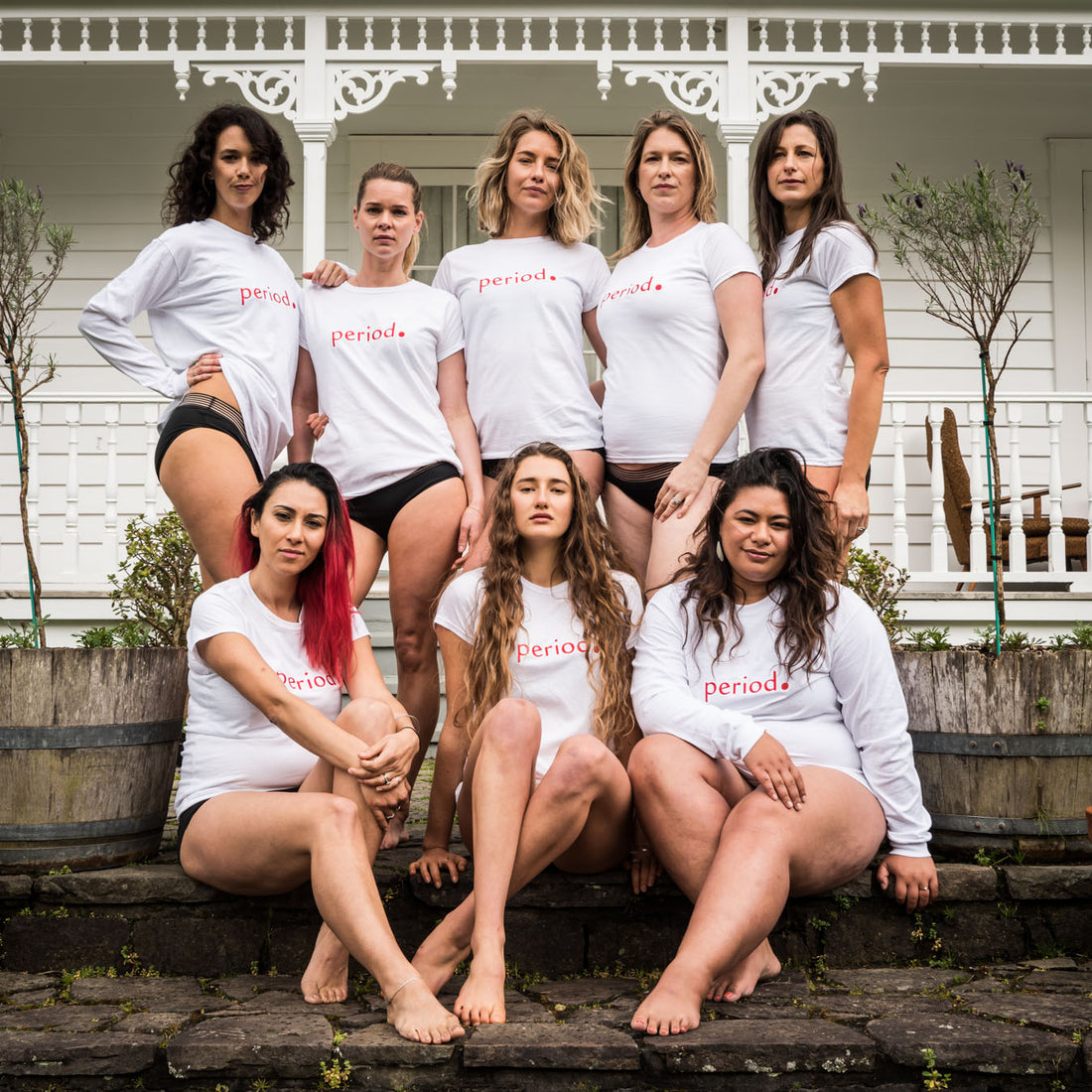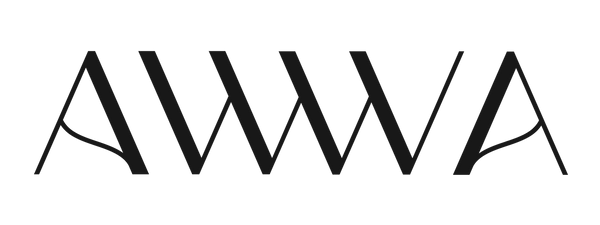
Period Poverty in Aotearoa - yes it's a thing! and we want it ended.
Yes, period poverty is a real thing. Not just another catch phrase being thrown around. This is an issue that menstruators across New Zealand (and the rest of the world) face month after month.
Imagine if you lived week to week, dollar to dollar, trying to put food on the table to feed your family. You are not in this position out of choice — you want the best for yourself and your family, but a set of circumstances have landed you in a position where you struggle to make ends meet.
You fear the mailbox in case an unexpected bill arrives that you just can’t pay. Food prices have risen faster than your wages. Well over half your weekly income goes in rent to your landlord. Oh and don’t forget the fees for extracurricular activities for your children — something you’re not prepared to sacrifice as you try to raise them to feel a sense of belonging within their community.
Every month you manage your period with rags and ‘homemade pads’ as the cost of menstrual products is beyond your reach. Sometimes you’re forced to take time off work on your heaviest flow days because you can’t face the possibility of leaks causing you embarrassment and shame. Lost wages mean less money at the end of the week, but you see no alternative.
You make do, because as a mother you will do anything for your children and always put their needs and wants first.
Then the day finally comes: your 13 -year-old child gets her period for the first time. You knew this day was coming, but you still weren’t prepared for how you were going to financially manage it. You don’t want her to miss school — she is bright, excelling, and has big hopes and dreams. The thought is too much to bear. But what can you cut out of your already tight budget to ensure she has adequate menstrual products to use?
This scenario is not made up. This is the very real situation facing real kiwi families.
The latest research from KidsCan showed that of the 5000 people who responded, almost a quarter have missed school or work because they couldn't afford period care.
29% of teenage girls aged 15-17 have missed school. Half of the respondents had experienced trouble affording period products. One third of women have had to go without sanitary products in order to afford other items, like food.
Poverty is defined as households that earn less than 60% of the median income. Approximately 15% of the New Zealand population lives in poverty, which equates to one in seven households. This is far too many kids going hungry, and experiencing third world illnesses due to cold and damp homes — and far too many girls and women being faced with managing their period in poverty.
Here at I am Eva we are committed to changing this scenario. We want to be part of a movement that ensures all girls and women have access to menstrual products. It is our belief that women should be able to get on with their days with dignity and confidence. Every girl and woman in New Zealand should be able to attend work and school, play sport, and participate as an equal member of society, 365 days a year.
Please join us on our journey to end period poverty
We are donating 5% of all underwear made to charities in New Zealand who are committed to supporting and empowering wahine, and who are addressing period poverty. We are also offering you the chance to give back directly: add an additional pair of underwear to your cart with our ‘share a pair’ option, and this will be given straight to charity, on top of the 5%.
What else can we all do? Keep talking about it. Our periods are not taboo. They are part of being a woman. Without this bodily function you and I would not be here. Empower others to talk about it.
Join the revolution and let’s end period poverty together.

